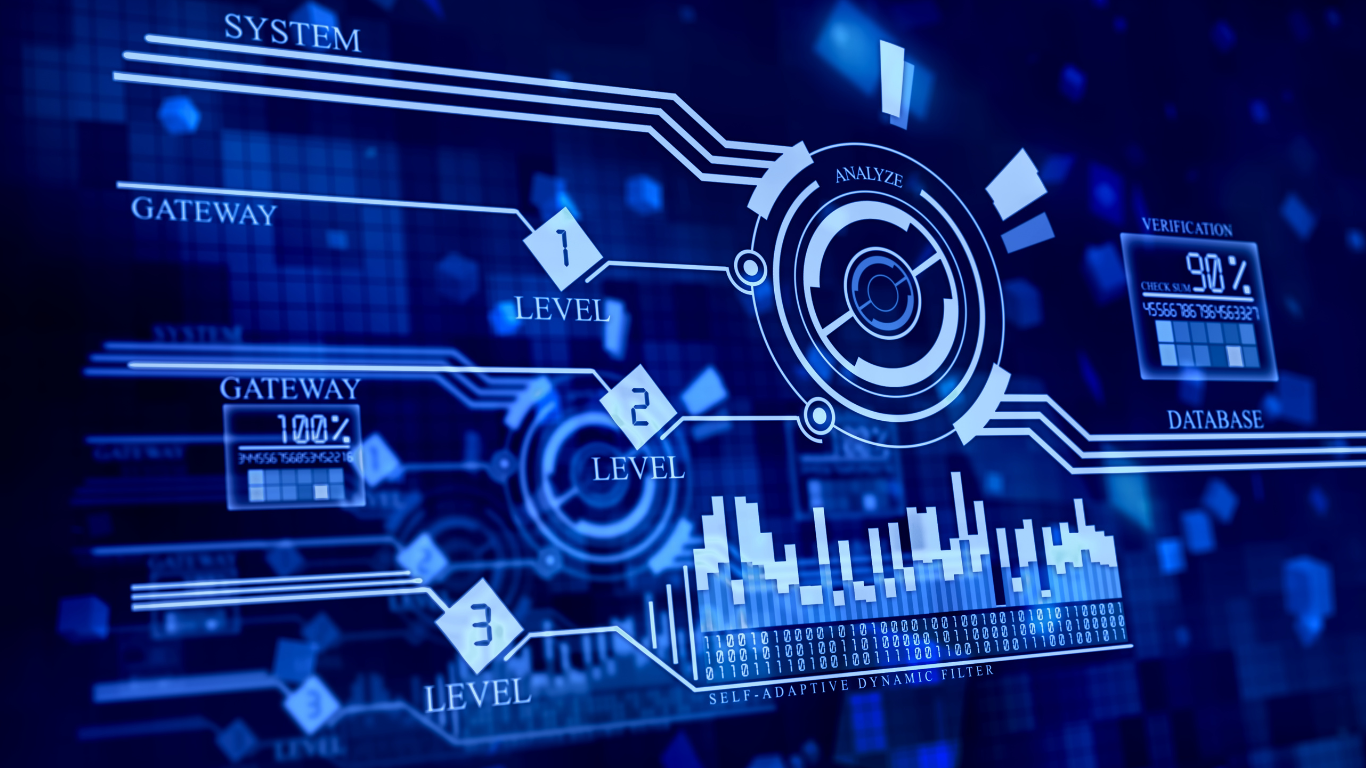When the Internet was in its nascent stages in the late 20th century, it evoked a mixed bag of emotions—wonder, excitement, skepticism, and, notably, fear. Today, we find ourselves in a similar situation with a different technology: artificial intelligence (AI). Though both technologies hold vast potential for societal transformation, they have also stirred fear and concern.
Here, we will compare and contrast these fears surrounding the advent of the Internet and the ongoing development of AI.
Fear of the Unknown: The Internet Era
As the Internet began to permeate everyday life in the 1990s, it was, for many, an alien concept. It connected the world in a way that had been science fiction only decades before. However, the fear that surfaced was not entirely about the technology itself but rather its potential implications.
There were concerns about privacy, with the Internet providing a platform where personal information could be shared or stolen. Fear of cybercrime, identity theft, and hacking grew.
There were also fears about the societal impact, with concerns about the digital divide and information overload.
AI: The New Frontier
Fast forward to the present day, and AI is now at the forefront of technological evolution. Much like the early Internet, AI is often seen as an abstract, unfathomable concept, giving rise to fear of the unknown. The concerns surrounding AI, however, tend to be more diverse and complex.
On one hand, there’s the fear of job displacement. As AI systems become more competent, there’s concern that they will replace human workers in various fields, leading to widespread unemployment.
On the other hand, the ethical implications of decision-making AI systems, their transparency, and potential biases in AI algorithms have also raised alarm.
A profound fear lies in the realm of superintelligent AI, a hypothetical scenario where AI surpasses human intelligence. This fear, prominently voiced by tech leaders like Elon Musk, concerns the existential risk that superintelligent AI might pose if not properly controlled.
Fear as a Catalyst for Regulation and Innovation
Interestingly, the fears surrounding both the Internet and AI have served as catalysts for discussion, regulation, and further innovation. The apprehensions about Internet security led to the development of better encryption methods, safer digital payment options, and stronger cybersecurity laws.
In the same way, fears around AI are leading to discussions on AI ethics, transparency, regulations, and the development of safer AI systems.
Moving Forward: Education and Understanding
The parallels between societal reactions to the advent of the Internet and the rise of AI are clear. While fear often arises from uncertainty, the key to mitigating these concerns lies in education and understanding. As we continue to grapple with the implications of AI, it’s important to learn from our experience with the Internet.
Just as we became savvy Internet users, we can strive to understand AI, thereby dispelling fear and utilizing the technology to its fullest potential.
While fear is a natural reaction to powerful, transformative technologies like the Internet and AI, it also provides us an opportunity. It’s an opportunity to probe, question, and ultimately shape the future of these technologies to ensure they are used responsibly and for the greater good of society.

